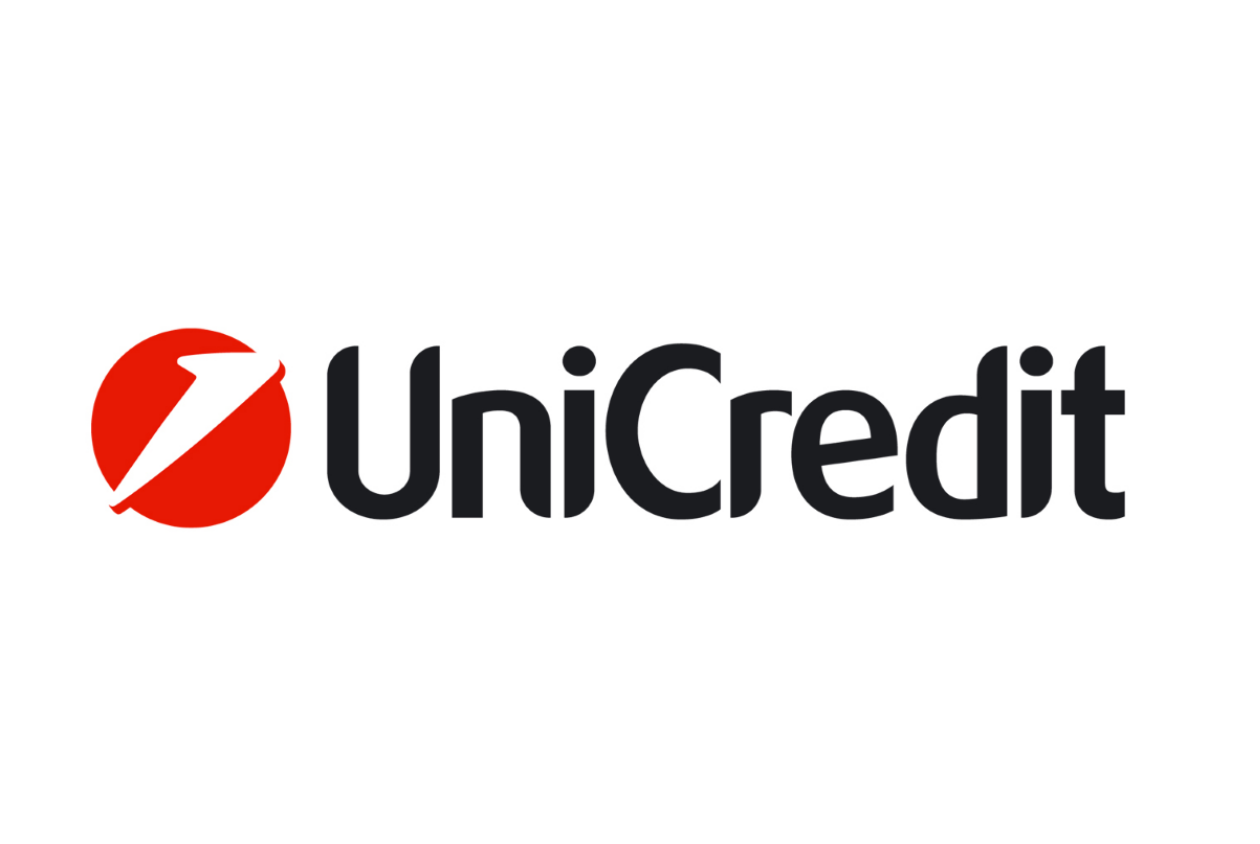Digital bank Zopa has launched its first current account, marking a significant expansion five years after pivoting from peer-to-peer lending to become a fully licensed bank.
The mobile-first Biscuit account promises customers an average of £256 annually in cashback and interest, positioning itself as a competitive alternative to established players including Chase UK, Revolut and Monzo.
The account offers 7.10 per cent AER on deposits up to £300 per month, 2.00 per cent AER interest on all balances, and 2.00 per cent cashback on bills up to £1,500 of direct debits annually. Zopa claims this represents the highest deposit rate currently available in the market.
Customers can open accounts within minutes through automated onboarding, with instant access to virtual cards and the ability to link external accounts through the Zopa app. The account also provides immediate access to Zopa's Smart Saver product and its loan and credit offerings.
Jaidev Janardana, chief executive officer at Zopa Bank, said: "Stepping into everyday banking is a natural next step in Zopa's mission to build the Home of Money for its customers. We believe that British consumers deserve better than having to constantly chase deals and accept complexity or poor experience."
The launch comes as Zopa seeks to capitalise on research showing that a quarter of Britons strategically chase cashback offers, while nearly one in five maintain multiple bank accounts to find value and avoid fees.
Merve Ferrero, chief strategy officer at Zopa Bank, added: "Many of us spread our money across different providers — holding it with high street banks, moving some into savings or investments, and spending through neo-banks. We do this because we want safety, good value, and convenience at no extra cost. But no single bank meets all these needs in one place."
Zopa has built its current account capabilities over the past year, testing the product with around 80,000 customers using a team of 90 specialists. The company now serves almost 1.5 million customers across its savings and loans products.
The bank, which counts SoftBank among its investors, maintained a $1 billion valuation after raising €82 million last year. It doubled pre-tax profits to £34.2 million in 2024 and is expected to move to new headquarters in Canary Wharf later this year.
Janardana told Bloomberg News that Zopa aims to serve more than 5 million customers within three to four years, growing to over 10 million customers over five to seven years. The bank is targeting deposits of around £1,500 to £2,000 per account.
The current account launch intensifies competition in the UK digital banking sector, where established challengers have already gained significant market share. Monzo has attracted 12 million customers over the past decade, while Revolut reached 52.5 million customers globally last year.
Latest News
-
Gemini to cut quarter of workforce and exit UK, EU and Australia as crypto slump forces retrenchment
-
Bank ABC’s mobile-only ila bank migrates to core banking platform
-
Visa launches platform to accelerate small business growth in US
-
NatWest to expand Accelerator programme to 50,000 members in 2026
-
BBVA joins European stablecoin coalition
-
eToro partners with Amundi to launch equity portfolio with exposure to ‘megatrends’
Creating value together: Strategic partnerships in the age of GCCs
As Global Capability Centres reshape the financial services landscape, one question stands out: how do leading banks balance in-house innovation with strategic partnerships to drive real transformation?
Data trust in the AI era: Building customer confidence through responsible banking
In the second episode of FStech’s three-part video podcast series sponsored by HCLTech, Sudip Lahiri, Executive Vice President & Head of Financial Services for Europe & UKI at HCLTech examines the critical relationship between data trust, transparency, and responsible AI implementation in financial services.
Banking's GenAI evolution: Beyond the hype, building the future
In the first episode of a three-part video podcast series sponsored by HCLTech, Sudip Lahiri, Executive Vice President & Head of Financial Services for Europe & UKI at HCLTech explores how financial institutions can navigate the transformative potential of Generative AI while building lasting foundations for innovation.
Beyond compliance: Building unshakeable operational resilience in financial services
In today's rapidly evolving financial landscape, operational resilience has become a critical focus for institutions worldwide. As regulatory requirements grow more complex and cyber threats, particularly ransomware, become increasingly sophisticated, financial services providers must adapt and strengthen their defences. The intersection of compliance, technology, and security presents both challenges and opportunities.
© 2019 Perspective Publishing Privacy & Cookies














Recent Stories